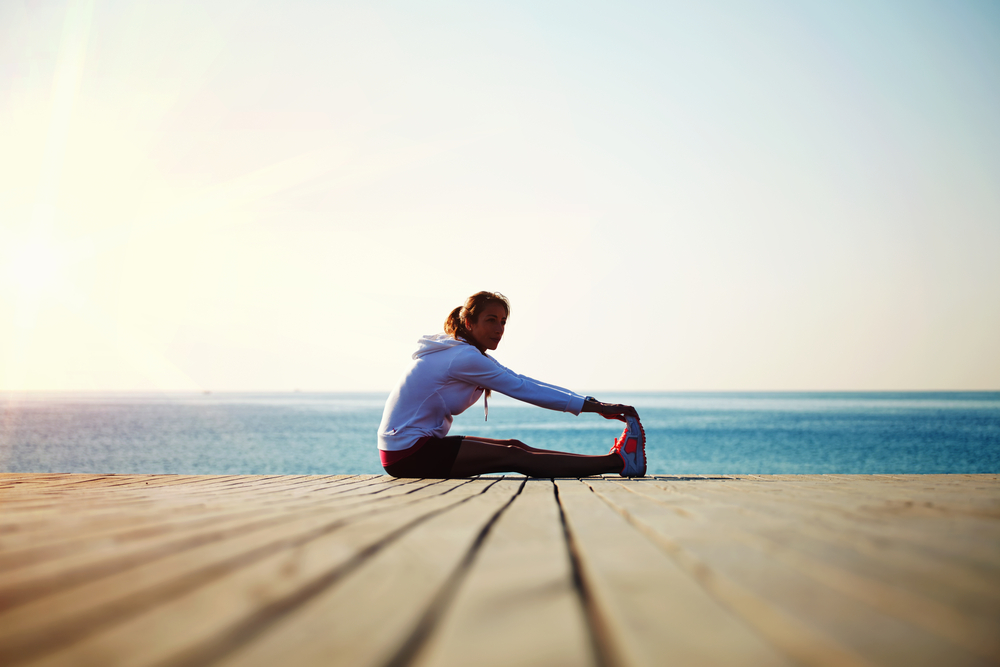CF Patients Cite Barriers to Physical Activity

People with cystic fibrosis (CF) experience many barriers that limit their participation in physical activity, ranging from a lack of energy to low motivation to self-consciousness, a recent study highlights.
A “tentative but important finding” from the study is that people with CF generally prefer at-home exercise over going to a gym, according to researchers.
The study, “Factors influencing physical activity in adults with cystic fibrosis,” was published in the journal BMC Pulmonary Medicine.
Physical activity and exercise have well-established health benefits for people with CF. Understanding which factors motivate people with CF to be physically active — and what barriers stand in their way — may aid in the design of exercise programs for people with CF, that are better suited to their needs.
In the new study, researchers in Ireland conducted interviews about exercise with 21 CF patients, and outlined broad themes that emerged. Among the interviewees, 57% were male, and the mean age was 35.
“The purpose of this study was to explore the attitudes towards, and dimensions influencing, PA [physical activity] participation in Irish adults with CF,” the scientists wrote. “Such knowledge concerning the dimensions influencing PA and attitudes towards PA would be beneficial in the development of appropriate intervention strategies to promote PA in practice.”
One theme that emerged during interviews is that many people with CF experience substantial obstacles to engaging in physical activity. For some, these barriers are external, such as a lack of time or uncooperative weather.
“Time is the major [barrier] for me… prior to the kids…I was getting much more exercise, but time is the main thing,” said a 49-year-old interviewee.
Another said: “If the weather is bad, my motivation is squat. I’m very much a fair-weather walker, you know?”
Other reported barriers are internal, such as low energy, self-consciousness, or lacking motivation.
“There are some days where I’m just really mentally drained…So, the idea then of having to get up on a bike can be a huge barrier because I just feel so exhausted,” a 32-year-old woman said.
“In gyms and public when you’re coughing, there’s people looking at you to say what is wrong with you?” said another.
The researchers noted that CF patients who were more motivated to participate in physical activity generally also reported enjoying this kind of activity, or they have found a way to be physically active that is fun for them.
“I think the main thing is to do something you enjoy. Anytime I’ve been successful at kind of maintaining sport, it’s just doing something I enjoy,” said a 34-year-old man.
Another factor that appeared important in patients’ motivation for physical activity was their perceived competence — that is, whether they viewed themselves as able to effectively engage in such activity, sometimes as well as people without the disease.
“It’s just the realization that I am as fit as most of them in the room and it’s at that… and keeping that level up, it’s keeping me on par with most of them in the room and for my own benefit as well,” said a 41-year old participant.
Some participants also reported feeling a sense of accomplishment when engaging in physical activity, which was an important motivator.
“Just how you feel after doing them, you just feel well and it’s good for everything, not just CF, but your mental health and everything…whether you are sick or not, you do feel great about yourself,” said a 30-year-old interviewee.
When asked about their preferences, many participants reported they preferred having some form of exercise that they are able to do at home, rather than having to go to a gym. Reasons ranged from self-consciousness to safety concerns.
“At home, just because it’s less time consuming and less daunting… it’s easier than going to the gym…if your treadmill is sitting there looking at you,” one participant said.
“[The gym is] germy and noisy and if you don’t feel well you kind of just want to leave once you get there,” said a 36-year-old woman.
Some participants highlighted the Exercise Grant, made available biannually by CF Ireland, as helpful for facilitating at-home exercise.
The researchers concluded that effective programs to facilitate engagement in physical activity among people with CF, “will likely require the promotion of autonomous motivation, enjoyable activities, personally identified outcomes and competence among adults with CF.”







